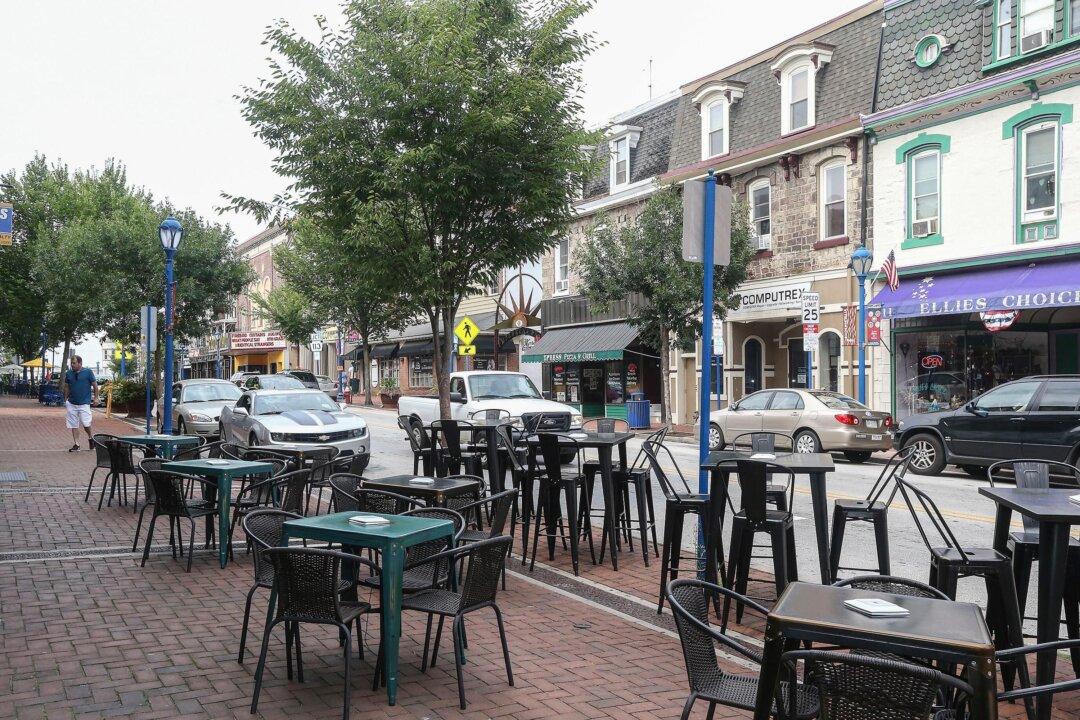By Jesse Bunch
From The Philadelphia Inquirer
When Barry Cassidy sees thousands of people strolling along Phoenixville’s main business corridor, he should be elated.

When Barry Cassidy sees thousands of people strolling along Phoenixville’s main business corridor, he should be elated.